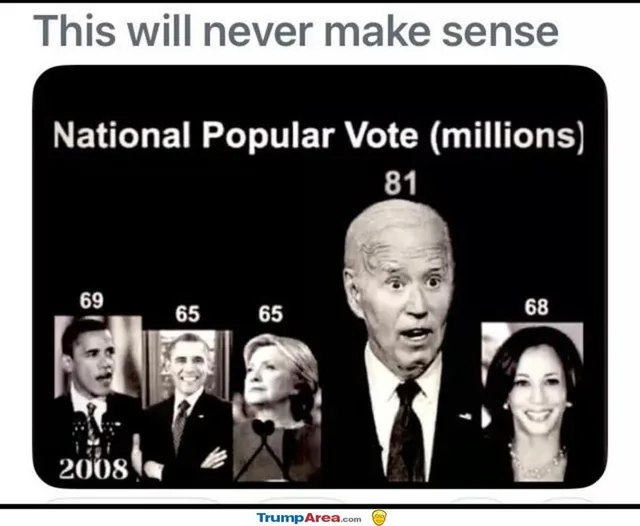Stephen Miller Criticizes Democrats, Claims Party Lacks Moderates
In a recent statement, Stephen Miller, a prominent conservative figure and former senior advisor to President Donald Trump, launched a scathing critique of the Democratic Party, asserting that it has become increasingly radicalized and devoid of moderate voices. Miller's comments come in the wake of recent political battles, including the ongoing discussions surrounding government funding and immigration policy.
Miller emphasized that the Democratic leadership, including Senate Majority Leader Chuck Schumer and House Minority Leader Hakeem Jeffries, has failed to persuade the American public on key issues. "The Democrats got NOTHING. They got nothing," Miller stated, referring to the party's inability to garner support for government funding initiatives that he claims prioritize illegal immigration over domestic concerns. He further remarked that both Schumer and Jeffries "went to the wall and LOST," highlighting what he perceives as a significant setback for the party.
One of Miller's central arguments is the alleged absence of moderate Democrats within the party. He pointed to the departures of notable centrist figures such as Senator Joe Manchin and former Senator Kyrsten Sinema, suggesting that their exits signify a broader trend of moderates being marginalized. "What's terrifying though...the moderates have been driven OUT of the Democrat Party," he asserted. Miller contended that any Democratic members who do not align with the party's leftist agenda risk facing similar fates.
According to Miller, the current landscape of the Democratic Party is characterized by what he describes as "crazies, leftists, and open borders NUT JOBS," a characterization that underscores his belief that the party has shifted significantly to the left. This perspective reflects ongoing tensions within American politics, particularly as both major parties grapple with internal divisions and the challenge of appealing to a diverse electorate.
Miller's remarks contribute to the ongoing discourse surrounding the ideological divides within the Democratic Party and the broader implications for future elections. As the political landscape continues to evolve, the question of whether moderate voices can find a place within the party remains a critical issue for both Democratic leaders and their constituents.




